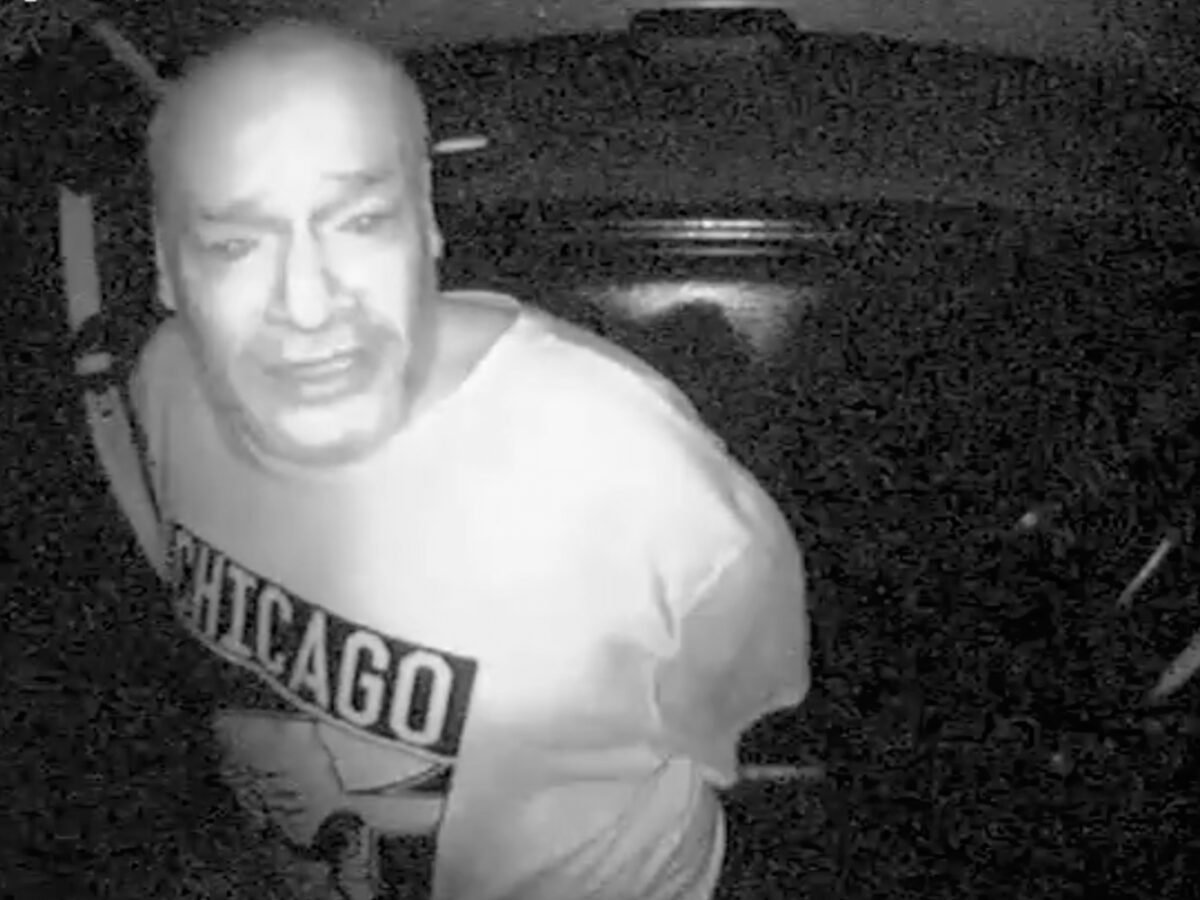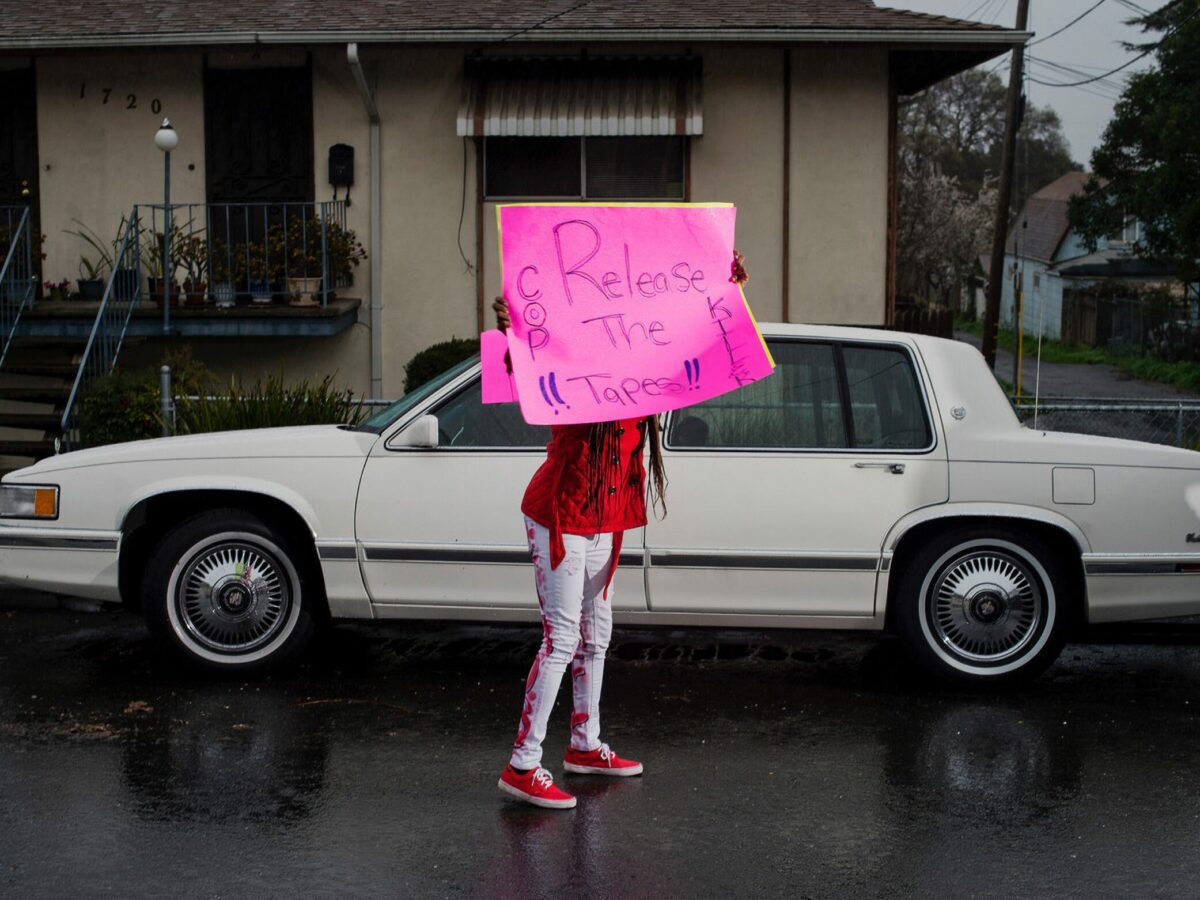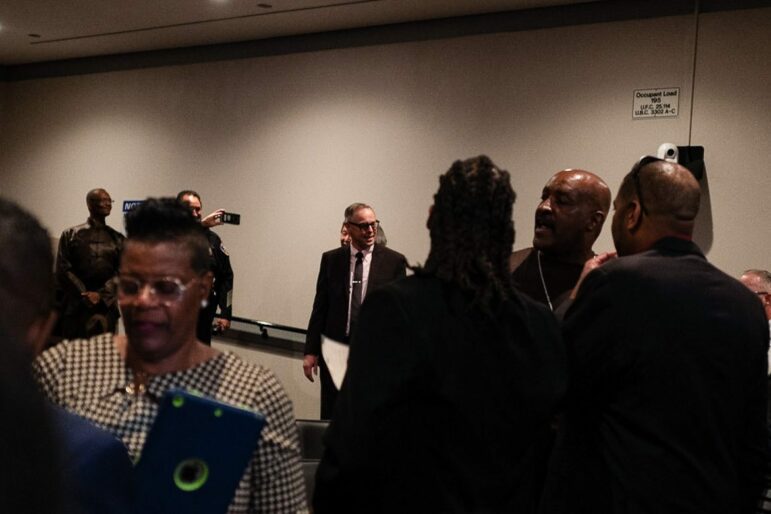
Editor’s note: Following publication of this article, the Vallejo City Council unanimously appointed Randy Risner as Interim Vallejo City Attorney on January 28, 2020.
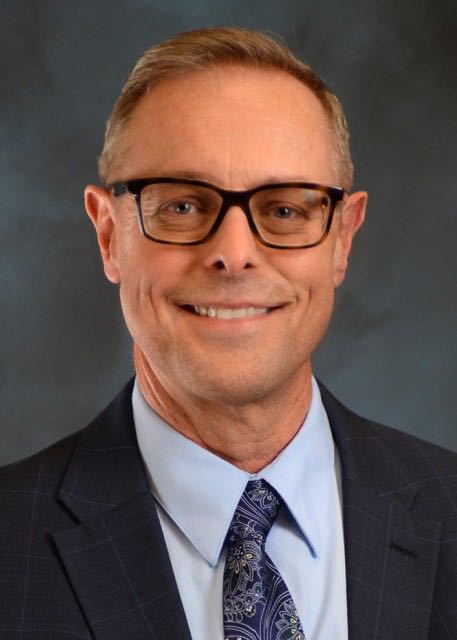
Vallejo’s chief assistant city attorney, who is set to be promoted to acting Vallejo city attorney in a vote on Tuesday, has been forced out of the same role in at least three other municipalities and was once sanctioned by a federal judge for conduct “tantamount to a fraud on the court,” according to public records obtained by Open Vallejo and news reports.
The Vallejo City Council is expected to appoint Randy J. Risner as interim city attorney at its regular city council meeting on Tuesday. If confirmed, he would take over from Vallejo City Attorney Claudia Quintana, who in November announced her early retirement following several high-profile controversies that included a public rebuke by Solano County presiding judge John B. Ellis over an apparent ethical violation.
Risner has been Quintana’s second-in-command since 2018. He graduated from the San Joaquin College of Law, a private law school in Clovis that is not accredited by the American Bar Association. He became a member of the State Bar in December 1994.
Since 1997, Risner has experienced several public missteps while representing both public and private sector clients. He abruptly resigned or was fired from at least three small, predominantly Latinx agricultural communities in Southern California and in the Central Valley after coming under media scrutiny for his actions. He has twice filed for bankruptcy, most recently in 2012, a year after he was sanctioned for financial misconduct involving clients he represented in their own bankruptcy proceedings.
A 2005 investigation by the Santa Maria Times revealed that the nearby city of Guadalupe, a small agricultural city in Southern California, hired Risner without first investigating his work history. The oversight appears to have been costly.
Risner was fired as city attorney by the city of Mendota in February 1997, a month after he was quoted in a Los Angeles Times article about a probe of questionable municipal bonds issued by Mendota and other cities. “The state doesn’t care whether cities live or die,” Risner told the newspaper. “We have to be creative to finance ourselves and stay afloat.”
Risner also served for two years as the city attorney for Greenfield. In 2001, the city “abruptly fired” its previous city attorney and engineer, “[b]ypassing the usual job-search and interview process” to hire Risner and another man, Ruben Moreno, in these roles, according to a 2002 article in the Monterey County Weekly. Risner was fired less than a year later, the Santa Maria Times reported. The cause was shifting political winds, Risner told the Times, a sentiment he echoed to Open Vallejo in an email sent Sunday.
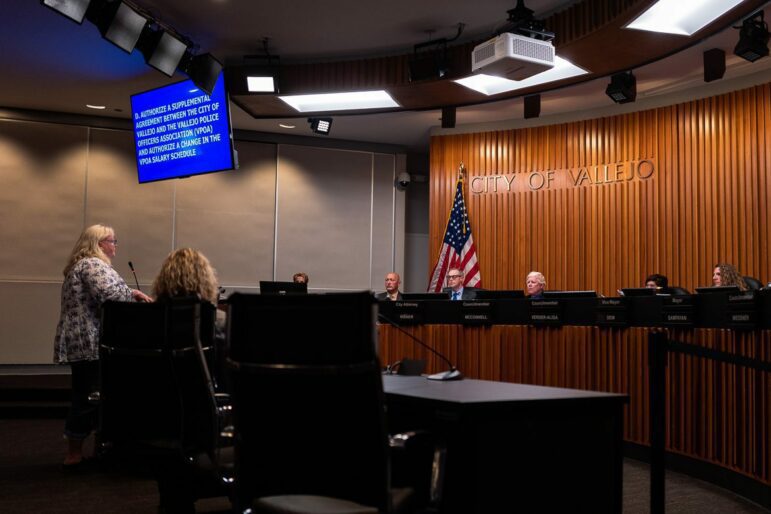
“After an election in 2004, the city council opted to send the city attorney contract to bid,” Risner wrote in an email. Although he submitted a bid that would allow him to retain his client, Risner said, “the Council opted to hire a more local firm as its contract city attorney.”
Risner soon moved on to tiny Guadalupe. A year after publication of the Santa Maria Times article detailing his work history, the Guadalupe City Council voted unanimously to replace him in a special closed session called to discuss his employment. The reason for Risner’s departure is not clear from the council meeting minutes. But the newspaper reported that Risner resigned under pressure after he lost the confidence of city leaders.
In March 2004, the Santa Maria Times reported the city paid “thousands” of dollars more for legal fees than city officials anticipated in a six-month period leading up to the start of the 2004 fiscal year. According to the newspaper, billing records showed that Risner spent the “bulk” of his time during this period conducting research. A 2006 Santa Barbara County civil grand jury report found Guadalupe had the highest attorney fee expenditures in the county. The report concluded that a large portion of Guadalupe’s costs were for work not done by Risner’s firm.
Risner told Open Vallejo that the Guadalupe City Council “wanted to take a different direction which, for ethical and legal reasons, I could not agree to.”
“I believe I did the most ethical thing possible under the circumstances.”
— Vallejo Chief Assistant City Attorney Randy J. Risner
Risner was sanctioned by a judge for fraud while supplementing his municipal law practice with private clients. In 2011, a couple hired Risner to represent them in a bankruptcy proceeding. After accepting payment of nearly $1,000, Risner told his clients that he was unable to pay a $299 court filing fee in their case, and instead asked them to sign an application to pay the fee in installments. Risner’s clients signed the application, which the court granted.
Risner paid the first installment of $75. “None of the remaining payments were made,” U.S. Bankruptcy Judge Whitney Rimel wrote in connection with an order sanctioning Risner for misleading the court. Risner’s clients only learned they owed the court $224 at a 2011 hearing that Risner did not attend. Worried they would not receive their discharge from bankruptcy until the outstanding fee was paid, they went to the clerk’s office to pay off the balance a few days later, but found Risner had finally done so.
Judge Rimel ordered Risner to appear in court to explain himself. She noted that “several” of Risner’s other clients had owed installment payments to the court, which Risner also paid at the same time. Risner’s clients were adamant that they paid Risner the full filing fee in advance, and the judge found their testimony credible.
Following the hearing, the judge issued an order characterizing Risner’s misrepresentation as “a very serious problem” and “tantamount to a fraud on the court.” He was fined $200.
Risner maintains the evidence read into the record “exonerated” him.
“Judge Rimel placed me in the position of being adverse to clients who were already stressed out about their financial position,” Risner told Open Vallejo. “However, she decided that the clients were more credible than the written agreement. Rather than argue with my clients in open court about a fee dispute, I opted to accept Judge Rimel’s decision so that my clients could get their discharge and return to some normalcy.”
Risner also suggested the dispute was the result of a misunderstanding. “My clients told Judge Rimel that they felt that my fees should have included the filing fee,” Risner told Open Vallejo. “I disagreed with them.”
But the court record contradicts his assertion. It reflects that Risner’s clients “were under the impression that everything, including the filing fee, was included” in their payment to Risner — not that it “should” have been included.
The State Bar requires attorneys to self-report certain actual or alleged misconduct, including the imposition of most sanctions of $1,000 or more. Risner told Open Vallejo he contacted the State Bar ethics hotline about the sanction order “out of an abundance of caution,” and was told that it fell below the mandatory reporting threshold. “I believe I did the most ethical thing possible under the circumstances,” Risner told Open Vallejo.
“I have never been the subject of an ethics complaint or been held to answer any such complaint by the State Bar of California,” he added.
Risner declared bankruptcy on May 24, 2012 for the second time in less than a decade. Among the business debts listed in his bankruptcy petition were two $25,000 claims for legal malpractice, as well as a $1,500 fee dispute. Court records reveal he owed more than $75,000 to the Internal Revenue Service and state Franchise Tax Board at the time.

If confirmed as interim Vallejo city attorney, Risner will inherit a complex legal portfolio that includes multiple civil rights lawsuits involving the Vallejo Police Department. And while Vallejo has one of the highest civil rights settlement rates in Northern California, perhaps the biggest test Vallejo faces will be a fight over the future of the police department itself. Last June, civil rights attorney John Burris filed a lawsuit on behalf of the family of Willie McCoy, who was killed by Vallejo police in February, that seeks to place the Vallejo police under federal receivership. Burris helped craft a similar remedy against the Oakland Police Department in 2003, a costly effort that remains ongoing.
Risner told Open Vallejo that he provided his employment history at the time he applied to become Vallejo’s chief assistant city attorney. He said the city used a consultant to conduct a background review and reference check. The city also conducted a law enforcement background check, he said.
Vallejo City Attorney Claudia Quintana did not respond to Open Vallejo’s requests for comment about the steps she took to verify Risner’s professional background, or whether she supports his candidacy to serve as interim city attorney.
Risner’s current City of Vallejo compensation package totals $290,386.53 annually, according to the fiscal year 2019–2020 municipal budget. He will receive an anticipated 10 percent raise if appointed to the interim city attorney position. Quintana’s total 2019–2020 compensation is budgeted at $350,564.54.
The Vallejo City Council will vote on whether to appoint Risner as interim city attorney during its regular meeting at 7 p.m. on Tuesday, January 28 at Vallejo City Hall. The meeting is open to the public.


